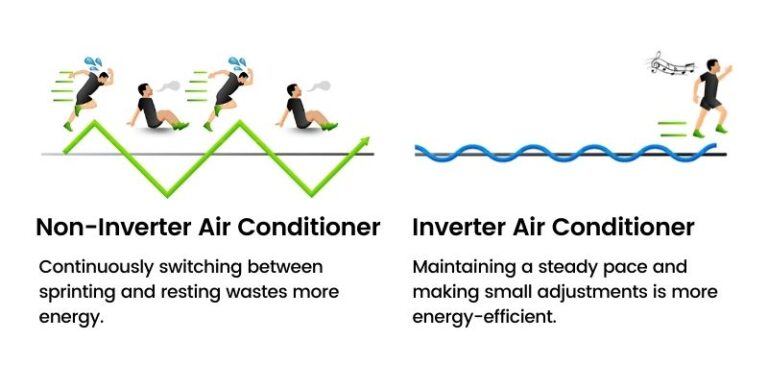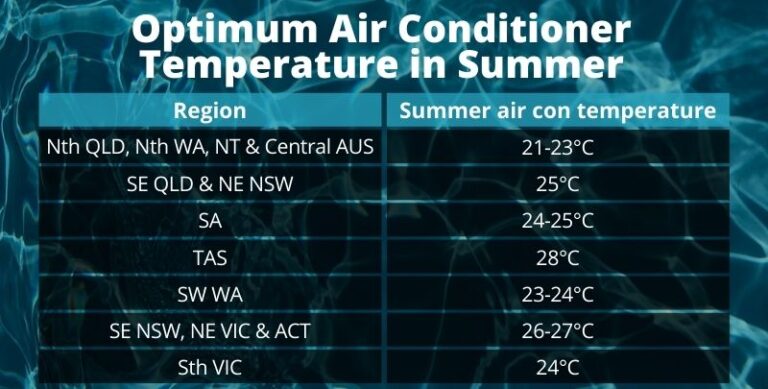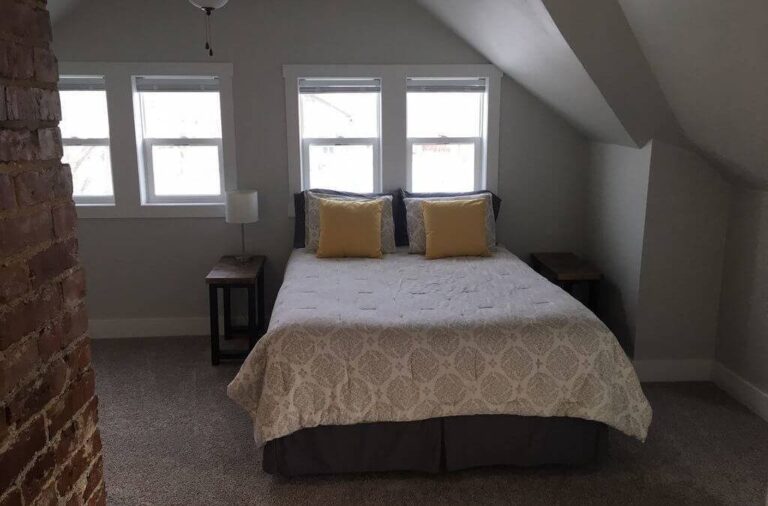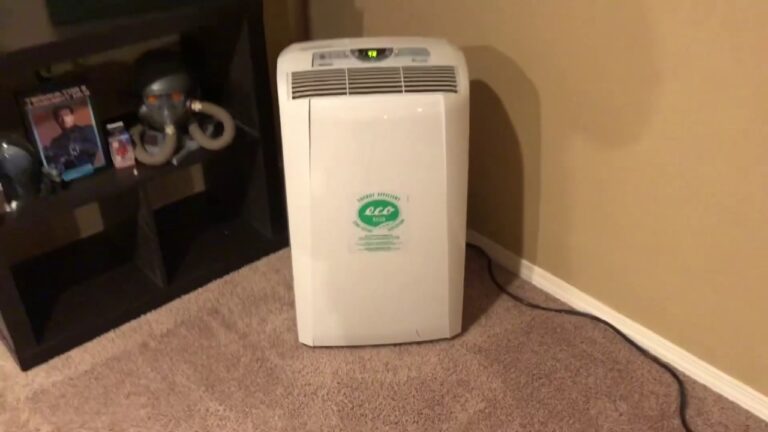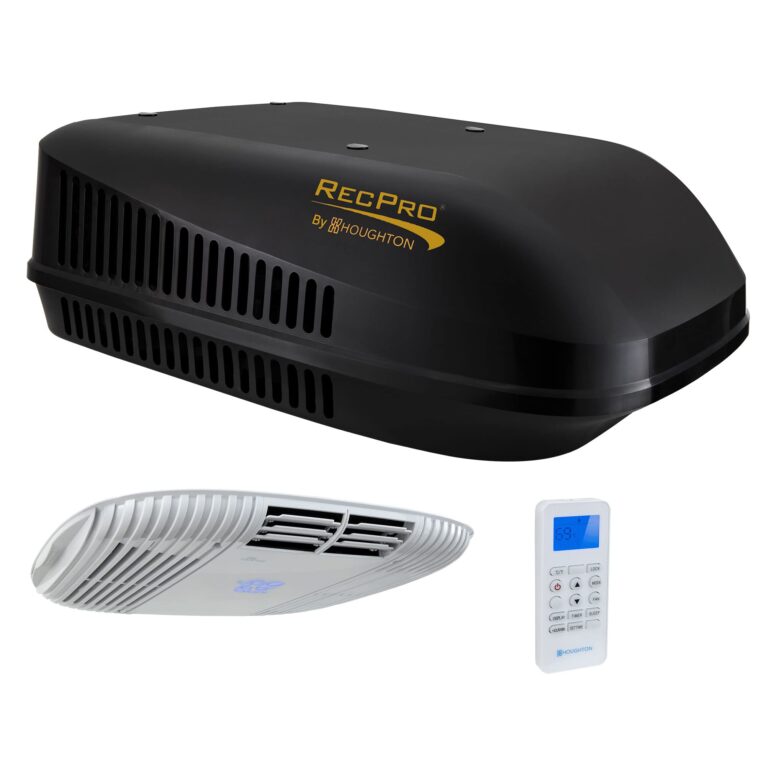Can You Run A Window Air Conditioner Without A Filter?
You can run a window air conditioner without a filter, but it is not advisable. The filter protects the unit and ensures clean air.
Running a window air conditioner without a filter can lead to several issues. The filter traps dust, pollen, and other particles, preventing them from clogging the unit. Without it, the internal components can get dirty, reducing efficiency and potentially causing damage.
The air quality in your home can also deteriorate, leading to health problems. Regular maintenance, including cleaning or replacing the filter, extends the life of the air conditioner. It ensures optimal performance and energy efficiency. Always check the filter regularly and replace it as needed to maintain a clean and healthy indoor environment.
Air Conditioner Basics
Air conditioners keep your home cool. They work hard during hot days. Understanding their basics helps you maintain them well. One crucial part is the filter.
Function Of A Filter
The filter in an air conditioner traps dust and debris. It keeps the air inside your home clean. Without a filter, dust can clog the machine. This makes it work harder and use more energy.
A clean filter helps the air conditioner run smoothly. It also extends the machine’s life. Changing or cleaning the filter regularly is essential.
Importance Of Air Quality
Good air quality is vital for health. Clean air reduces allergies and breathing problems. The filter plays a big role in this.
Without a filter, the air conditioner blows dust and pollen inside. This can make the air unhealthy. It is important to use a filter to keep the air clean.
Using a filter improves the comfort of your home. It makes the air fresher and healthier to breathe.
Why Filters Matter
Understanding the significance of filters in window air conditioners is crucial. Filters play a vital role in maintaining the air quality and efficiency of your unit. Let’s explore the reasons why filters matter by examining their impact on health and system efficiency.
Health Implications
Filters trap dust, pollen, and other pollutants. These particles can affect indoor air quality. Without a filter, these contaminants circulate in your home.
Exposure to pollutants can lead to allergies and respiratory issues. Children and the elderly are especially vulnerable. Clean air is essential for a healthy living environment.
- Reduces allergens
- Prevents respiratory problems
- Improves overall air quality
System Efficiency
Filters also keep the internal components of the air conditioner clean. Dust and debris can clog the system without a filter. This can reduce the unit’s efficiency.
Running an air conditioner without a filter can lead to overheating. This can cause the unit to work harder and use more energy.
| With Filter | Without Filter |
|---|---|
| Efficient operation | Reduced efficiency |
| Lower energy consumption | Higher energy consumption |
A clean filter ensures that the air conditioner runs smoothly. This can extend the life of the unit and save on energy costs.
Consequences Of No Filter
Running a window air conditioner without a filter can lead to many problems. Filters help keep the air clean and the unit running well. Without a filter, the machine and the air you breathe suffer.
Dust And Debris
Without a filter, dust and debris can enter the air conditioner. This can clog the internal parts. When parts get clogged, the unit works harder. This can make the air conditioner less efficient. Dust can also end up in the air you breathe. This can be bad for your health.
Here’s a table showing the effects of dust and debris:
| Problem | Effect |
|---|---|
| Clogged Parts | Reduced Efficiency |
| Harder Working Unit | Higher Energy Bills |
| Dust in Air | Health Issues |
Allergen Buildup
Filters help trap allergens like pollen and pet dander. Without a filter, these allergens can build up inside the unit. Then, they get blown into your room. This can make allergies worse.
Here’s a list of common allergens:
- Pollen
- Pet Dander
- Mold Spores
- Dust Mites
Breathing in these allergens can cause sneezing and watery eyes. It can also lead to more serious health problems. So, always use a filter in your window air conditioner.
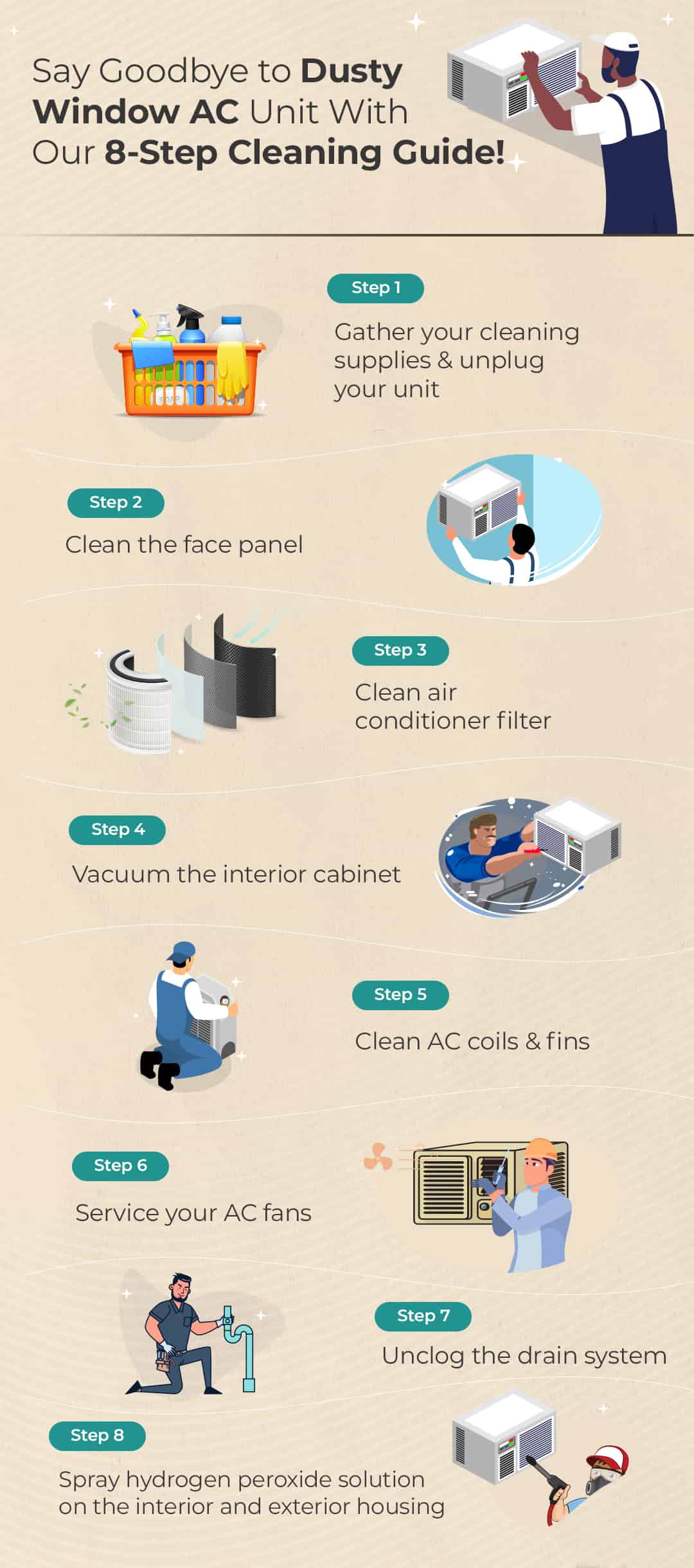
Credit: cielowigle.com
Impact On Performance
Running a window air conditioner without a filter can affect its performance. It impacts the cooling efficiency and energy consumption. Let’s explore these aspects in detail.
Cooling Efficiency
Cooling efficiency drops when you run the air conditioner without a filter. Dirt and dust block the cooling coils. This makes it hard for the air conditioner to cool the room. Clean air filters help keep the air conditioner running smoothly. They ensure better airflow and cooling. Without a filter, the unit works harder to cool the room. This can lead to overheating and even breakdowns.
Energy Consumption
Running an air conditioner without a filter increases energy consumption. The unit uses more power to cool the room. This leads to higher electricity bills. Clean filters ensure efficient energy use. They help the air conditioner run at its best. Without a filter, the unit runs longer and uses more energy. This not only costs more but also wears out the unit faster.
| Factor | With Filter | Without Filter |
|---|---|---|
| Cooling Efficiency | High | Low |
| Energy Consumption | Low | High |
| Unit Lifespan | Long | Short |
In summary, using a filter keeps your air conditioner running well. It saves energy and money. Always keep the air filter clean and in place. This ensures the best performance from your air conditioner.
Maintenance Challenges
Running a window air conditioner without a filter can cause various maintenance challenges. Filters play a crucial role in keeping your air conditioner clean and efficient. Without them, you may face several issues that can reduce the lifespan of your unit.
Cleaning Frequency
Without a filter, dust and dirt enter your air conditioner freely. This means you will need to clean the unit more often. Regular cleaning is essential to maintain good air quality and system efficiency.
- Increased cleaning frequency can be time-consuming.
- More frequent maintenance can also be costly.
- Dirt buildup can lead to overheating.
Make sure to clean the coils and fins regularly. Use a vacuum or a soft brush to remove debris. This helps in maintaining efficient cooling.
Component Wear
Dust and debris can cause significant wear and tear on the internal components. This can lead to more frequent repairs and replacements.
| Component | Potential Damage |
|---|---|
| Fan Motor | Overheating and failure |
| Compressor | Reduced lifespan |
| Coils | Corrosion and inefficiency |
Regular maintenance is crucial to avoid these issues. A clean system runs more efficiently and lasts longer.
Temporary Solutions
Running a window air conditioner without a filter can be risky. Dust and debris can damage the unit. You might need temporary solutions if you don’t have a filter. Let’s explore some effective options.
Homemade Filters
Homemade filters can be a quick fix. Here are a few options:
- Cheesecloth: Fold it several times and attach it to the filter slot.
- Pantyhose: Stretch it over the filter slot for a fine mesh barrier.
- Foam: Cut a piece of foam to fit the filter slot.
These materials can trap dust and debris. They are not perfect but can work temporarily.
Short-term Usage
Running the air conditioner without a proper filter should be brief. Here are some tips for short-term usage:
- Clean the unit frequently: Remove dust and debris often.
- Monitor air quality: Ensure the room stays clean and dust-free.
- Use additional air purifiers: Place a portable air purifier in the room.
These steps can help maintain air quality and protect your air conditioner.
Long-term Risks
Running a window air conditioner without a filter can be tempting. Filters can seem like an unnecessary accessory. But neglecting the filter can lead to long-term risks. These risks can affect both the unit and your wallet.
System Longevity
An air conditioner filter keeps dust and debris out. Without a filter, these particles enter the system. Dust can clog the internal parts. This causes the unit to work harder. Over time, this can lead to system breakdowns.
Dirt buildup can also affect the evaporator coils. Dirty coils can’t absorb heat efficiently. This impacts the cooling performance. Eventually, it can cause the compressor to fail. Replacing a compressor is costly.
Cost Implications
Running an AC without a filter can increase energy costs. A clogged system has to work harder. This uses more electricity. Higher energy use means higher bills.
Also, frequent repairs can add up. If parts break often, repair costs can skyrocket. In severe cases, you may need a new unit. The cost of a new air conditioner is much higher than regular filter replacements.
Here’s a quick breakdown of costs:
| Issue | Cost |
|---|---|
| Higher Energy Bills | Varies based on usage |
| Frequent Repairs | $50 – $200 per repair |
| New Compressor | $300 – $500 |
| New AC Unit | $200 – $700 |
Regular filter maintenance can prevent these costs. Filters are cheap and easy to replace. This keeps your system running smoothly and efficiently.

Credit: m.youtube.com
Best Practices
Running a window air conditioner without a filter can harm your unit. It can also affect your health. To ensure optimal performance and longevity, follow these best practices.
Regular Filter Replacement
Regularly replacing the air filter is crucial. A clean filter helps the unit run smoothly. Replace the filter every 1-3 months. If you live in a dusty area, replace it more often.
- Check the filter every month.
- If it looks dirty, replace it.
- Use a filter recommended by the manufacturer.
A clean filter improves air quality. It also makes the air conditioner more efficient. This leads to lower energy bills.
Professional Maintenance
Schedule regular professional maintenance for your air conditioner. Experts can detect potential issues early. They can also clean parts that are hard to reach.
| Task | Frequency |
|---|---|
| Filter Replacement | Every 1-3 months |
| Professional Check-Up | Annually |
| Deep Cleaning | Annually |
Professionals can also check refrigerant levels. Low refrigerant can cause the unit to overheat. They can also ensure the coils are clean. Dirty coils reduce efficiency.
Following these best practices will keep your air conditioner running well. It will also ensure clean air in your home.
:max_bytes(150000):strip_icc()/how-to-clean-a-window-air-conditioner-unit-5191162-03-acbd1bf011084746bd8eaa7458cbd075.jpg)
Credit: www.thespruce.com
Frequently Asked Questions
How Long Can You Run Window Ac Without Filter?
Running a window AC without a filter is not recommended. It can cause damage after a few hours. Always use a filter for efficiency and safety.
What Happens If I Run My Air Conditioner Without A Filter?
Running your air conditioner without a filter can damage internal components. It reduces efficiency and increases energy costs. Dust and debris can clog the system, leading to costly repairs. Always use a filter to ensure optimal performance and air quality.
Can A Window Ac Work Without A Filter?
A window AC can work without a filter but it’s not recommended. Running it without a filter can damage the unit and reduce air quality.
Conclusion
Running a window air conditioner without a filter can harm its efficiency. It also risks your health by spreading dust and allergens. Always use a clean filter to ensure optimal performance and air quality. Proper maintenance extends the unit’s lifespan and reduces energy costs.
Prioritize your comfort and safety by using filters consistently.

